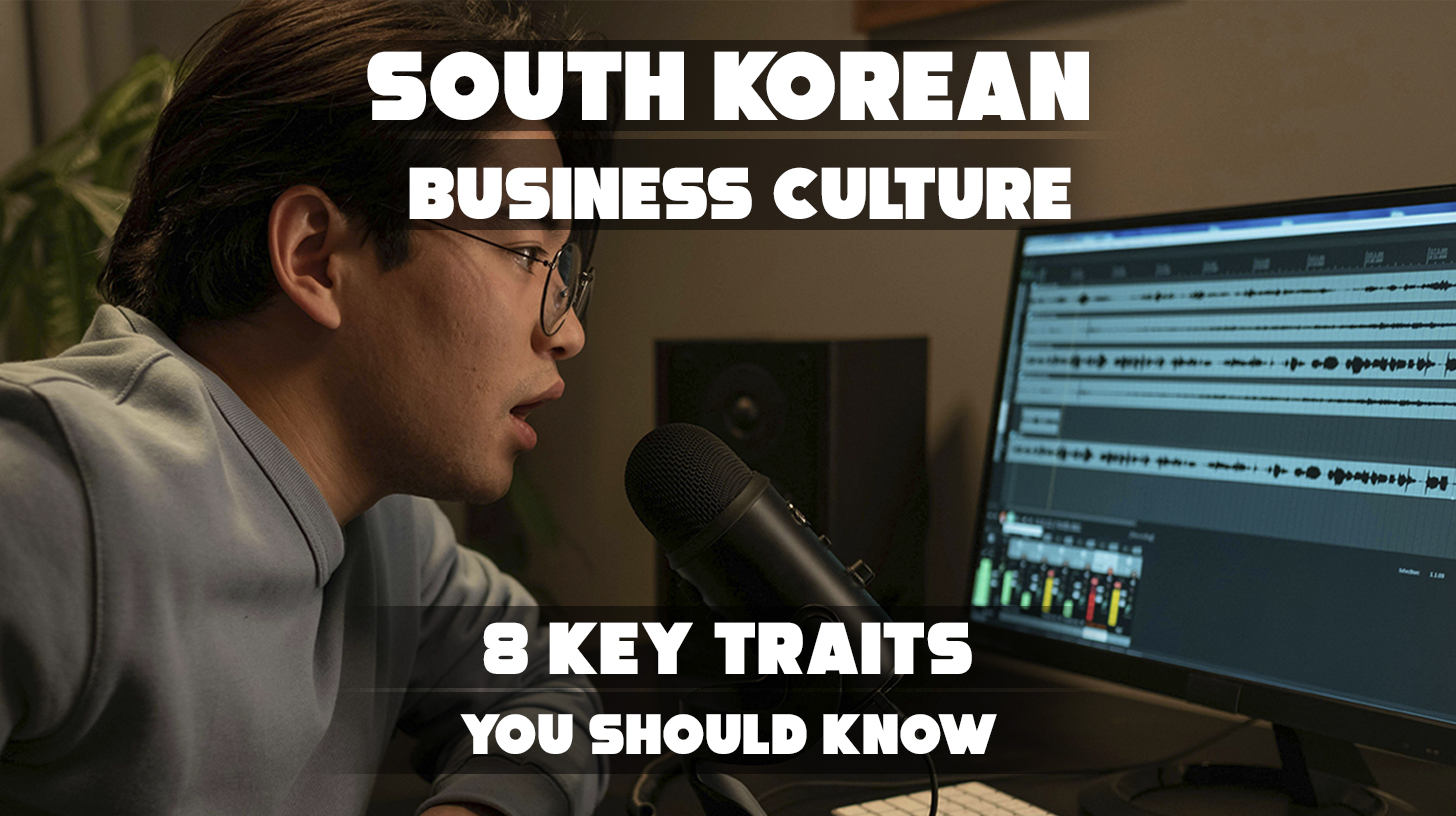Ever felt unsure about how to behave in a Korean boardroom? You’re not alone. Whether you’re preparing for a business trip, planning to work with Korean colleagues, or aiming to expand your network, understanding South Korean workplace culture is essential to your success.
You’re the hero in this trip; and it’s perfectly normal to feel overwhelmed by unfamiliar customs like:
- Respectful greetings and bowing
- Navigating formal hierarchies
- Knowing when (and how) to give a gift
As your guide, We’ve worked with countless professionals exploring these same questions.
This article distills 8 essential traits you need to know; from proper etiquette to hidden cultural values like kibun (face).
Keep reading to avoid common missteps, make a strong first impression, and flourish in Korea’s dynamic business environment.
Let’s begin your transformation today.

What Makes South Korean Business Culture Unique?
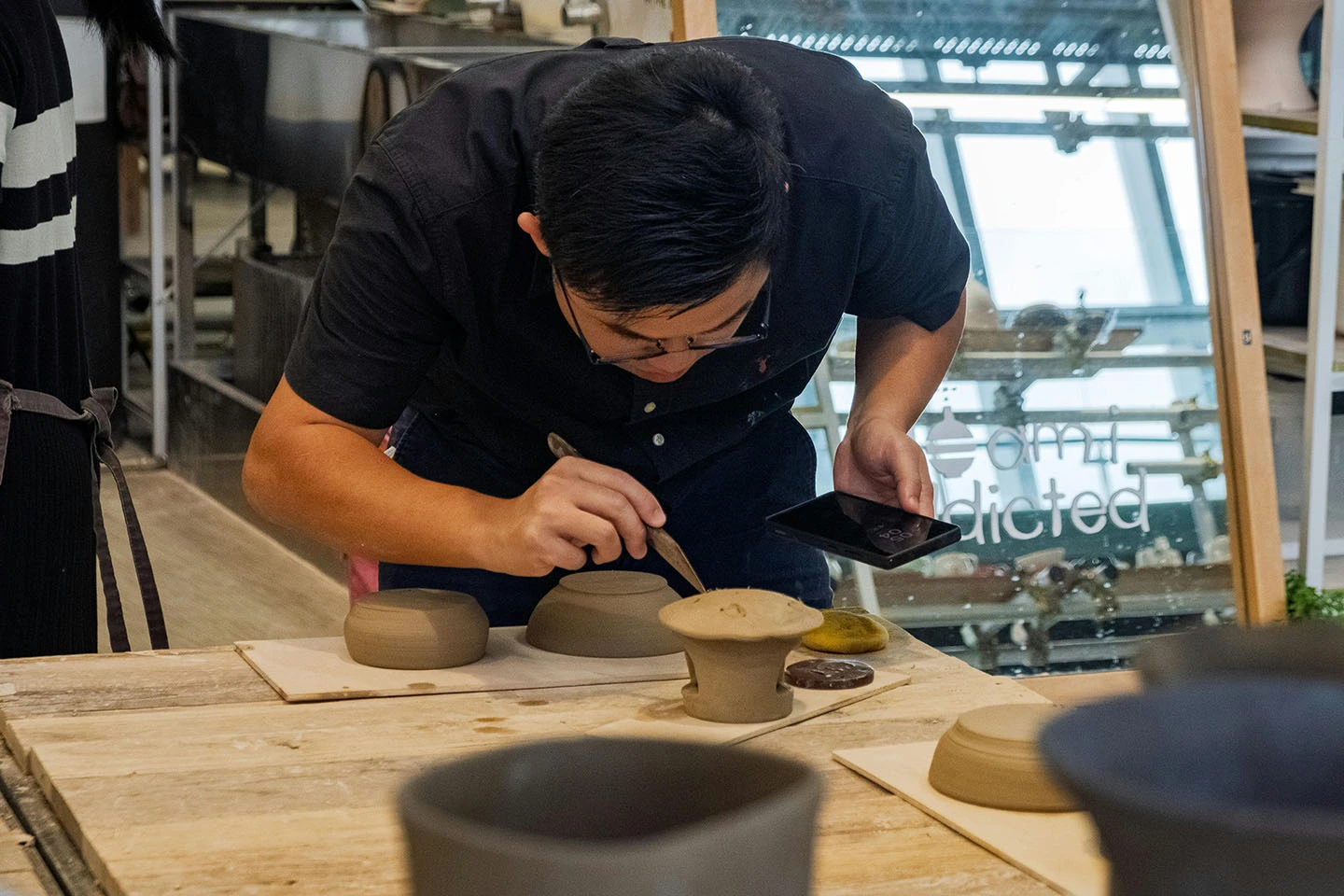
South Korea’s business culture is a fascinating blend of deep-rooted tradition and forward looking innovation. At the heart of it lies a strong sense of hierarchy and respect, shaped by Confucian values that prioritize seniority and harmony in the workplace.
Leaders typically guide decisions, while junior staff show deference to their superiors.
Business interactions are often formal at first; expect a respectful bow, a firm handshake, and a ceremonious exchange of business cards. Behind this formality, however, is a warm, relationship-driven culture where shared meals and drinks play a big role in building trust and connection.
South Korea also offers a modern and business friendly environment, with government incentives, low corporate taxes, and a global reputation for excellence in industries like technology, automobiles, and cultural content.
While South Koreans are known for their strong work ethic and long hours, there’s a growing emphasis on work-life balance and employee well-being.
If you’re curious about exploring meetings, understanding subtle communication styles, or joining a Korean team, the rest of this article will guide you through all the essentials of working successfully in South Korea’s unique corporate world.
Keep reading to learn more!
1. Greetings at Work
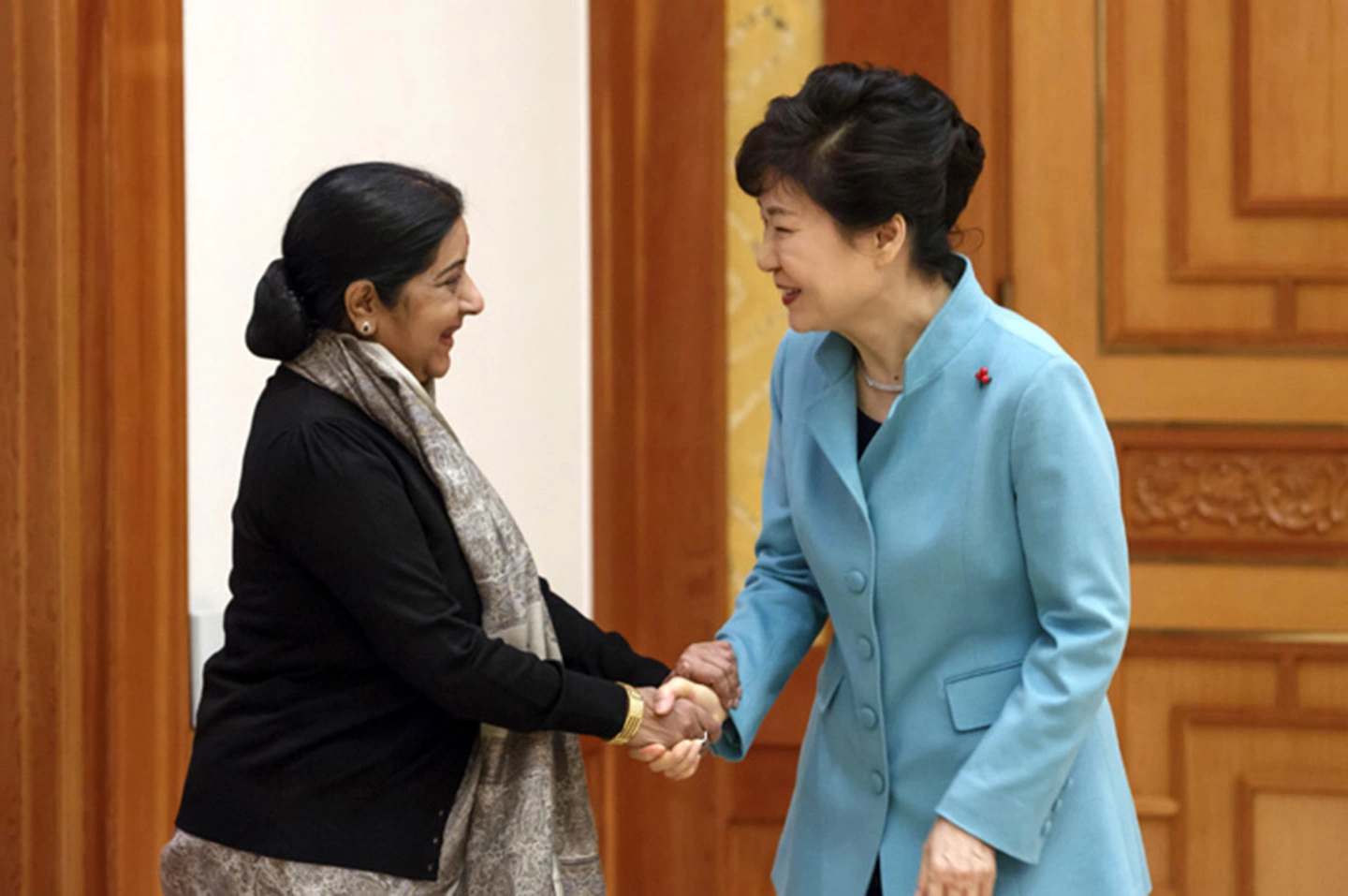
In South Korean business culture, greetings are more than just a formality; they set the tone for mutual respect and professionalism. A polite greeting typically combines a slight bow with a gentle handshake, showing deference while also establishing a connection.
The deeper the bow, the more respect you show; specially important when addressing someone in a senior position.
When introducing yourself, it’s important to use formal titles and surnames, such as “Mr.” or “Ms.,” until you’re invited to speak more casually.
A warm “안녕하세요” (Annyeong haseyo; Hello) and “만나서 반갑습니다” (Mannaseo bangapseumnida; Nice to meet you) can make a great first impression.
Business cards are another key part of the greeting ritual. In South Korea, exchanging cards is done with both hands and with care; treating the card as a representation of the person. It’s considered respectful to take a moment to look at the card before putting it away.
When greeting your boss or a senior manager, a more formal phrase like “안녕하십니까” ,which is formal and polite way of saying “Hello” or “How are you?” in Korean, is best.
While handshakes are common in first meetings, it’s polite to let the senior person initiate it, and a soft grip is preferred; firm handshakes can come across as aggressive. These thoughtful, respectful practices are part of what makes South Korean business culture so unique and relationship-focused.
See Also What Do Japanese People Look Like?
2. Communication Style in South Korean Business
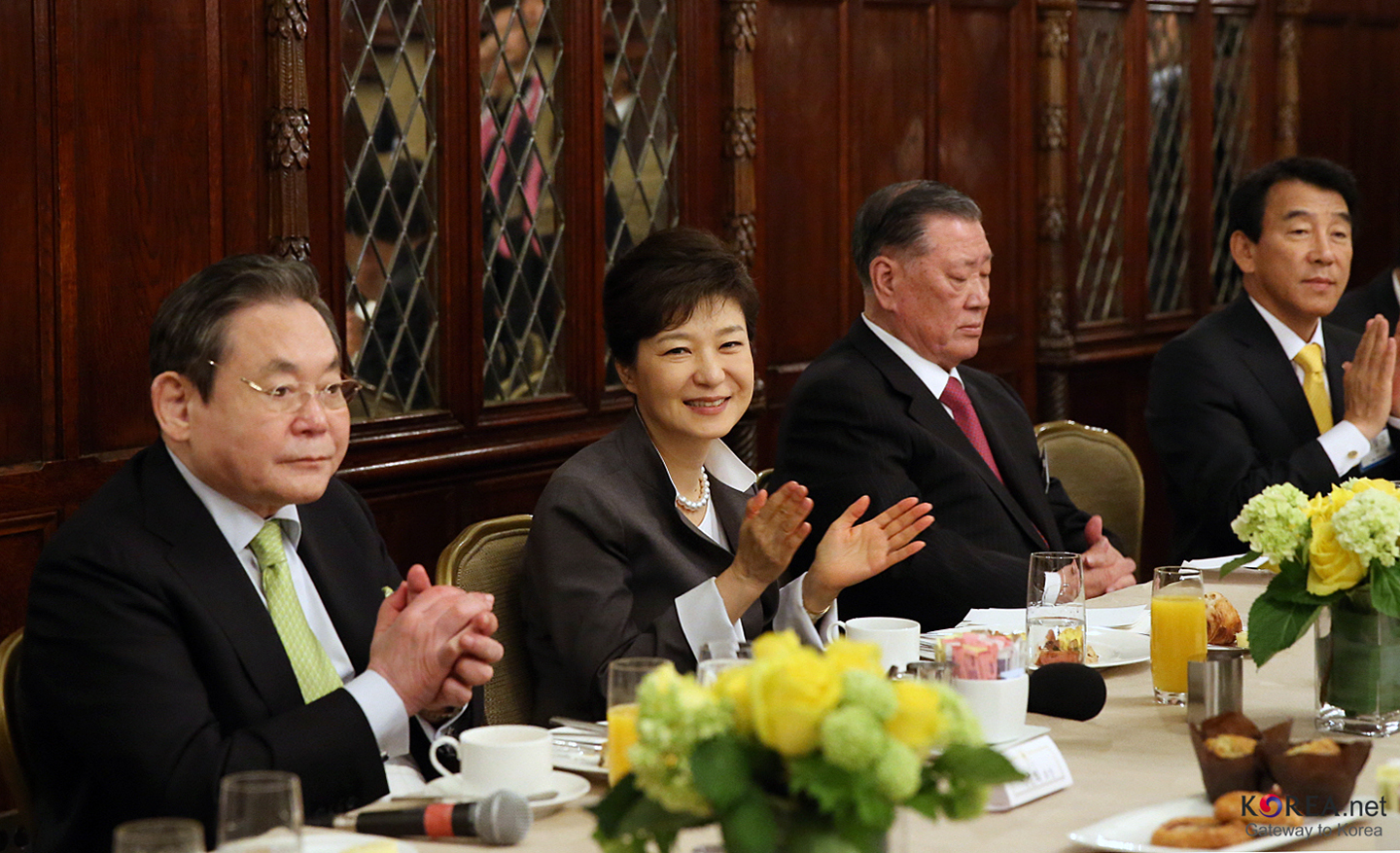
In South Korean business culture, communication is less about saying things directly and more about maintaining harmony and mutual respect. People often avoid saying “no” outright, and a “yes” may simply mean “I understand” rather than full agreement.
Body language, tone, and even silence carry a lot of meaning, so it’s important to pay close attention to these nonverbal cues.
Using formal language, titles, and showing deference to hierarchy are essential, as respect plays a big role in business interactions. Conversations tend to be polite, modest, and humble; boasting is frowned upon, and self-deprecation is more likely to earn respect.
Another important concept is “saving face,” or kibun, which means people avoid direct confrontation or strong criticism to sustain dignity for everyone involved.
While Koreans prefer calm and diplomatic communication, emotions can surface if frustrations build, especially when things don’t go their way; a reflection of deep historical and cultural influences like hahn.
Don’t be surprised if meetings take time and decisions are slow; building trust and understanding is key. If you’re curious about how to communicate more effectively in a Korean business setting, keep reading; there’s so much more to discover about this unique and respectful communication style.
3. Dining and Entertainment
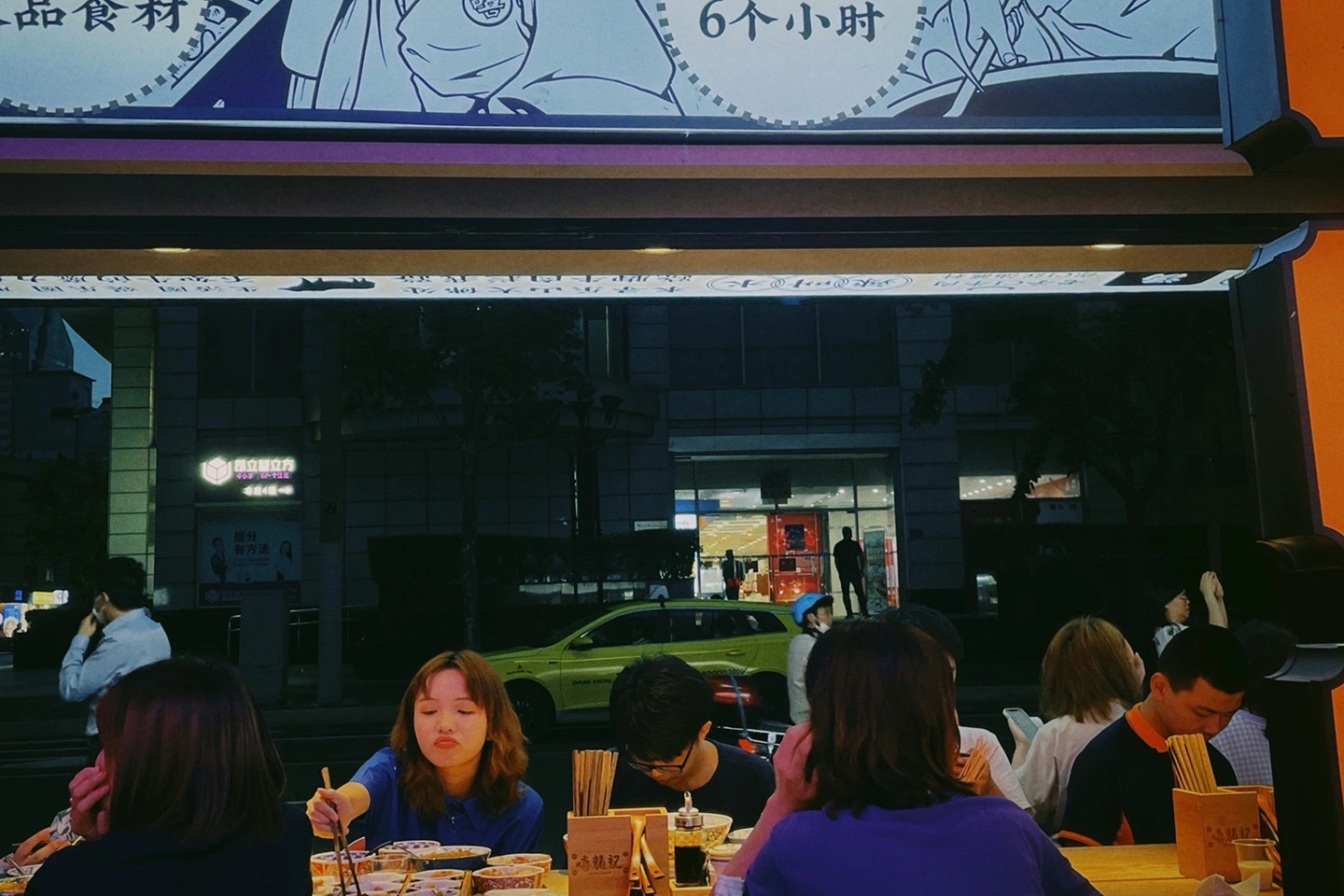
In South Korea, business dining and entertainment go far beyond just enjoying a good meal; they’re essential for building trust and forming deeper connections. Business dinners often take place in the evening and may include traditional Korean food and drinks like soju.
These gatherings are where real relationships are developed and where important conversations can unfold more naturally than in a formal meeting room. It’s important to respect hierarchy at the table; wait for the most senior person to start eating before you do, and don’t stick your chopsticks upright in your rice.
While alcohol is usually part of the evening, it’s perfectly fine to politely decline or sip slowly.
Company outings, known as hoesik, are also common and sometimes expected as part of company culture. These social gatherings might feel casual, but they play a big role in career progression and team bonding. Gift-giving during holidays like Chuseok or Lunar New Year is another way to show goodwill.
As a guest, be observant; refill others’ glasses, be attentive, and try to enjoy the experience. Whether you’re dining out or attending a company dinner, your behavior and willingness to participate say a lot about your character.
So relax, be respectful, and see these moments as your chance to build lasting business relationships in a warm and welcoming setting.
4. The Power of “Face” in Korea’s business World

In South Korean business culture, the idea of “face” is all about protecting character, honor, and social standing. It’s a big deal because it shapes how people interact, make decisions, and build relationships.
Rooted in Confucian values, “face” encourages everyone to show respect, especially to those higher up in the hierarchy, and to avoid anything that might embarrass themselves or others.
So, when you’re working with Korean colleagues or partners, being mindful of “face” means thinking carefully before speaking or acting, making sure you don’t unintentionally cause someone to lose respect or feel uncomfortable.
This concept also plays a key role in maintaining strong business ties. Koreans place great importance on mutual respect and trust, which helps secure long-lasting partnerships.
Sometimes decisions might lean towards preserving “face” rather than being purely practical; for example, supporting an idea that keeps a senior executive’s honor intact, even if it’s not the most efficient choice.

5. Gift Giving in South Korean Workplace
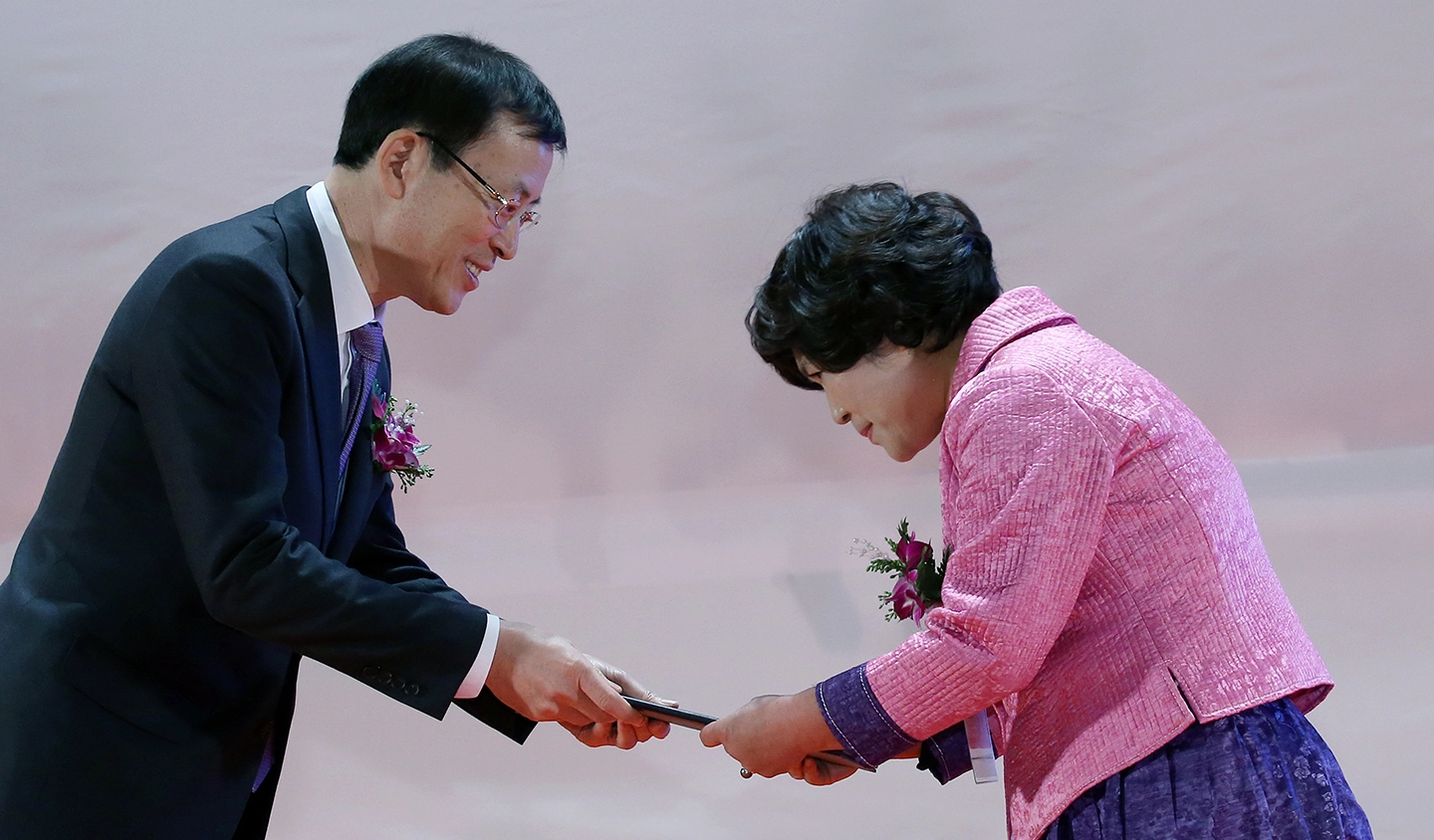
In South Korean business culture, gift-giving is a thoughtful way to show respect, build trust, and strengthen relationships. It’s common to exchange gifts during first meetings as a friendly gesture, and also during important holidays like Chuseok and Lunar New Year.
Gifts don’t have to be expensive; in fact, it’s better to avoid anything too costly to prevent making the other person feel obligated. Popular gifts often include fruit, premium liquor like soju or whiskey, or unique items from your home country that show you put some thought into it.
When giving a gift, the way they present it matters a lot. Using both hands shows respect, and brightly wrapped gifts, especially with traditional Korean patterns, are appreciated. Also, they don’t open the gift right in front of the giver; that’s considered rude.
Hierarchy is important in Korea, so if they’re giving multiple gifts, the senior people usually get the more valuable ones.
Gift-giving isn’t just a one-time thing; it’s part of maintaining ongoing business relationships. And remember, employees usually don’t give gifts to their bosses to avoid pressure, but bosses might give gifts to their teams.
6. Business Hours and Workweek Structure

In South Korea, the typical workweek runs from Monday to Friday, with business hours usually from 9:00 AM to 6:00 PM. People generally work an 8-hour day, but it’s pretty common to stay later to finish projects or meet deadlines.
Legally, employees can work up to 52 hours a week; that’s 40 regular hours plus up to 12 hours of overtime.
Breaks are also part of the workday: if they work over 8 hours, they’re entitled to a full hour break, and for shifts over 4 hours, a 30-minute break is standard. Being punctual is a big deal in South Korea, so arriving on time or even a little early for meetings shows respect and professionalism.
South Korea is known for its hardworking culture, and the country ranks among the top OECD nations in terms of annual work hours. Over the years, as the economy grew rapidly, work hours increased, reflecting the dedication and strong work ethic of many Korean employees.
Recently, there’s been talk about trying out a four-day workweek in some companies and local governments, aiming for better work-life balance. Still, proposals to extend the legal workweek beyond 52 hours haven’t passed, showing that there’s a clear effort to balance productivity with employee well-being.
7. The Female Experience in South Korea

In South Korea, women are slowly moving up in business. But they still face many problems. The culture follows strong rules about age, rank, and tradition. This can make it hard for women to be treated the same as men at work.
South Korea has one of the biggest pay gaps between men and women. More women are getting jobs and starting businesses, but they often need to work harder to get respect.
Most top jobs are still held by men. Many people expect women to quit their jobs after they get married or have children. Still, more women are becoming leaders. Some start their own businesses to take control of their future. Foreign women in business may also face some problems.
For example, men may get more attention in meetings. But showing respect, being confident, and acting professional can help a lot. Wearing simple and formal clothes, greeting people politely, and staying calm and kind can leave a good impression.
8. South Korean Business Etiquette
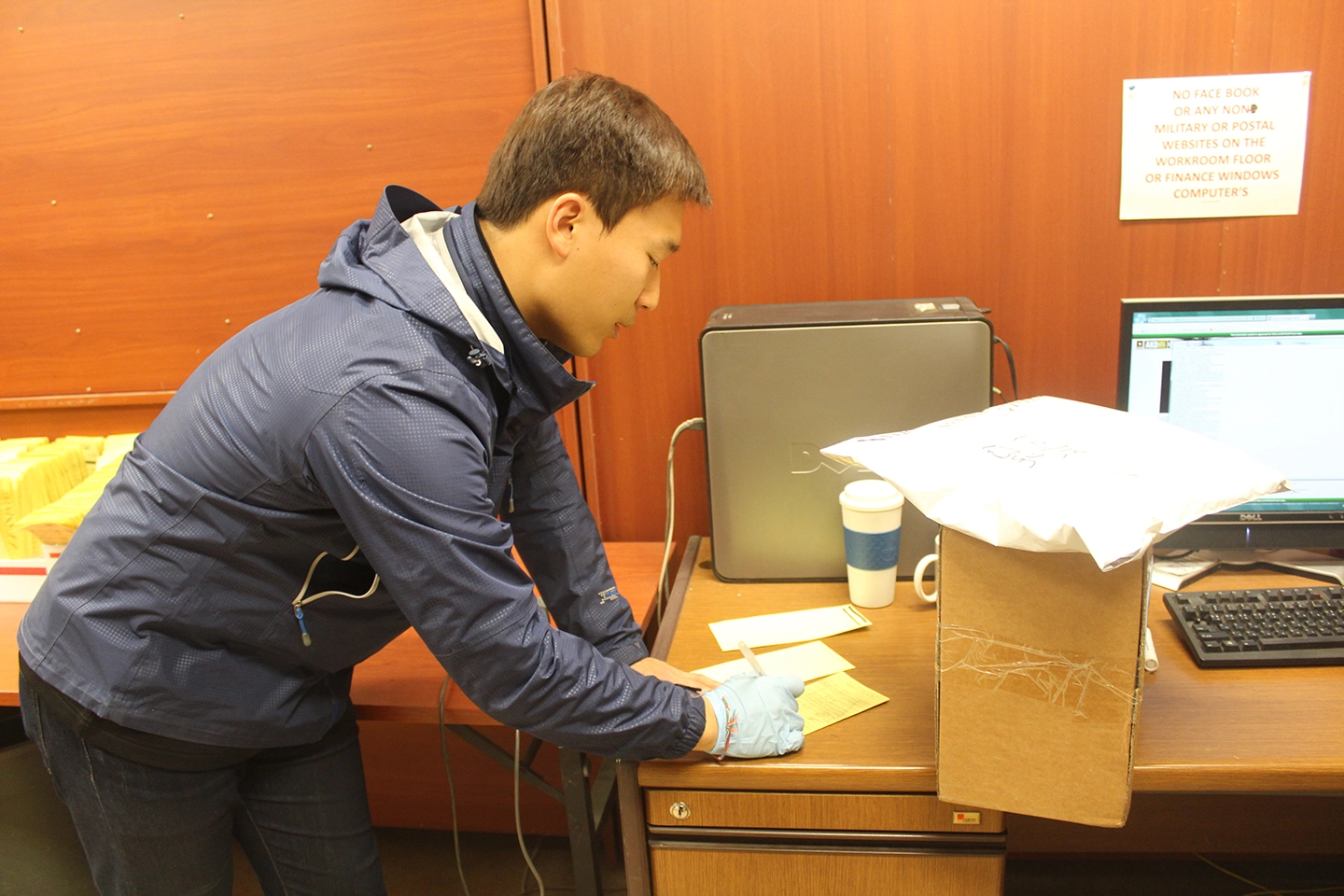
Dos
Respect Hierarchy: They always acknowledge rank and seniority; they use formal titles and address the highest-ranking person first. This reflects Korea’s Confucian-based values of age and status.
Bow and Shake Hands: It Offers a slight bow with a gentle handshake using both hands when greeting. This shows respect and adapts to both traditional and modern practices.
Dress Formally: They wear dark suits and modest clothing; appearance matters greatly. Koreans value professional clothing as a sign of respect and seriousness.
Be Punctual: They arrive on time for all meetings, if not slightly early. Punctuality shows professionalism and respect for others’ time.
Use Formal Language: They speak politely using surnames and titles unless invited to be casual. This protects harmony and avoids social discomfort.
Don’ts
Don’t Show Strong Emotions: They avoid loud speech, anger, or too much enthusiasm in meetings. Calm, composed behavior is seen as professional and mature.
Don’t Confront Directly: They avoid open disagreement or pointing out mistakes in public. They use indirect, tactful communication to maintain harmony.
Don’t Use First Names: They refrain from using given names unless explicitly invited. Using the wrong level of formality can offend or feel disrespectful.
Don’t Rush Decisions: They are patient; Koreans often decide by consensus. Pushing too quickly can be seen as rude or aggressive.
Don’t Touch or Handle Items Casually: They don’t fidget with or quickly pocket a business card or gift. Every exchange is symbolic and should be handled with care.
South Korean Business Culture: A Recap
South Korean business culture is a rich textile of tradition, hierarchy, and relationship-building. Grounded in Confucian values, it emphasizes respect, formality, and indirect communication, with great care given to protecting harmony and “face.”
From bowing during greetings to exchanging gifts and sharing meals after work, social rituals play a vital role in creating trust and unity among colleagues.
While the work environment is demanding and hierarchical, ongoing shifts toward work-life balance and greater participation are reshaping the landscape. To succeed in South Korea’s corporate world, one must pilot etiquette with humility, patience, and cultural sensitivity.


